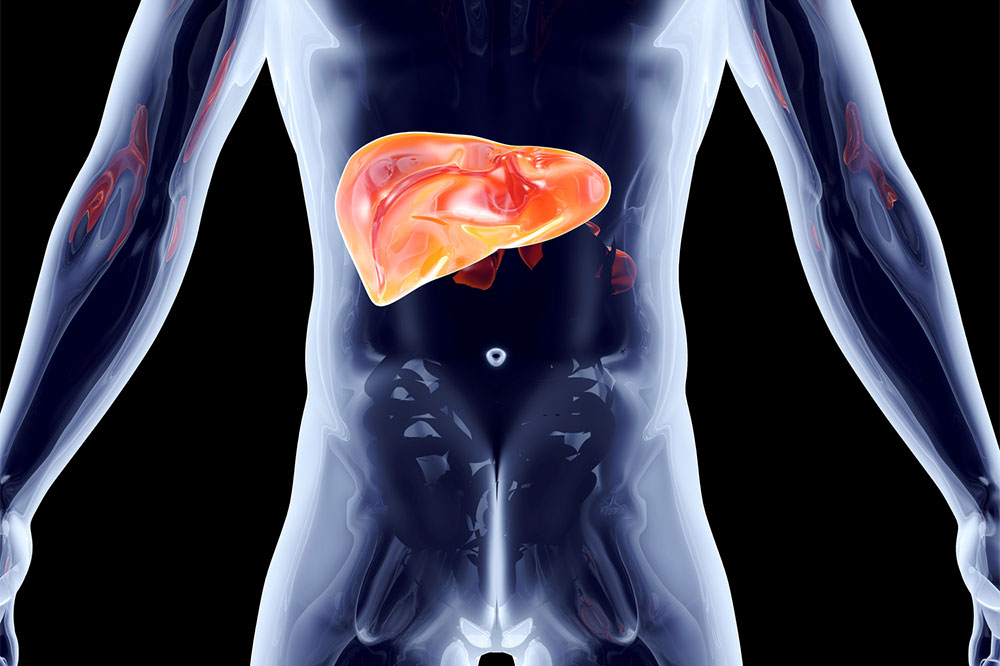5 unusual signs of schizophrenia in adults

Schizophrenia is a chronic neurological, psychiatric disorder that develops in less than 1% of people in the country, mostly during later adulthood. It has no definitive cure yet, but it is possible to manage the symptoms in the long run. To diagnose it in time, doctors stress the importance of everyone at-risk knowing the common and uncommon symptoms of the disorder. Here are the top five psychological changes that can indicate schizophrenia.
5 uncommon signs of schizophrenia in adults
Abrupt and unexplained changes in behavior
Schizophrenia triggers many unusual catatonic behavioral changes that stand out from the common symptoms. For example, people may change their posture abruptly to sit or stand in an extremely uncomfortable position. Some also exhibit wavy flexibility with their arms and legs, also called cataplexy. Many people may also sit still doing absolutely nothing for prolonged periods. In addition, studies suggest that impulsive excitement and increased activity levels are telltale signs of catatonic behaviors. Note that the severity of these behavioral changes will vary depending on the condition’s progression. Not all changes will manifest simultaneously, and not all people with schizophrenia will develop all the symptoms.
Changes in speech and abilities
Though rare, many disorganized symptoms can also be an indicator of schizophrenia. These symptoms can trigger unpredictable behaviors where the people act out of context and often end up giggling or being silly. Slurred speech, making up words to use as fillers in standard sentences, using excessive rhymes with words that have no meaning, and forming sentences that make no sense are primary speech-related symptoms. People may even repeat what others say to them word-to-word. Disorganization may trigger issues like an inability to do things, repeating tasks, dressing oddly, and even acting embarrassingly in public.
Negative behavioral traits
Not responding adequately or maintaining complete silence, even if in the middle of an interaction, is one of the glaring negative symptoms of schizophrenia. People who do respond might maintain a dull and monotonous tone since they are disinterested in the conversation. Lack of emotional expression or the inability to take pleasure in daily activities is indicative of severe detachment as well. Neglecting physical appearance or not being willing to take basic care and hygiene are symptoms that gradually develop and persist among many people.
Paranoia
Paranoia may develop when patients are overpowered by delusions and hallucinations. Many people deal with frightening thoughts and voices in their heads that trigger fear for prolonged periods and can have a deep impact on one’s psyche. Hallucinations can manifest in unusual ways, including auditory, visual, olfactory, or even tactile ways, as perceived by the primary senses in the body. In addition to hallucinations, many people experience a wide range of delusions that affects their psyche. People often deal with the feeling of being stalked and believing beyond reason that some forms of public communication carry hidden messages. Some delusions might also lead them to believe they are already affected by a deadly disease or possess a special connection with their deity. These are all very unusual but quite possible signs of schizophrenia that can develop without warning and can intensify if not addressed.
Cognitive problems
Schizophrenia will eventually start affecting one’s daily routine, especially when cognitive symptoms develop, affecting a person’s ability to do or navigate basic daily activities. Problems with concentration and memory lapses can be dangerous as one may find it challenging to process information. This confusion could worsen the symptoms linked to paranoia they are already struggling with. Facing problems with concentrating, reduced logical reasoning due to poor information processing, and impaired judgment can all trigger personality changes that stand out from the common symptoms. One can notice these symptoms if they keep an eye out for them since those affected may even act out in desperation, often unable to communicate the problem.






